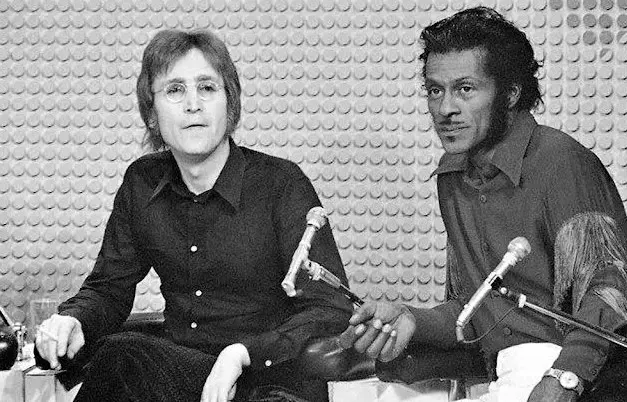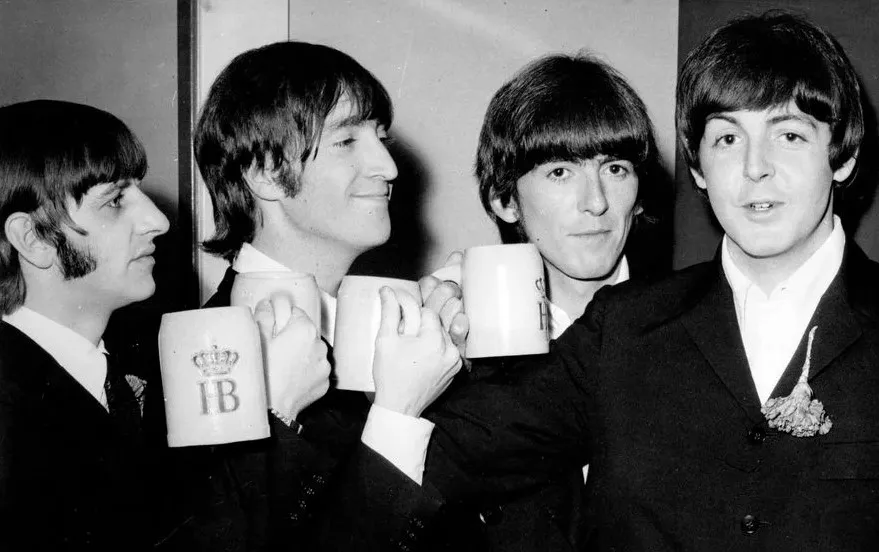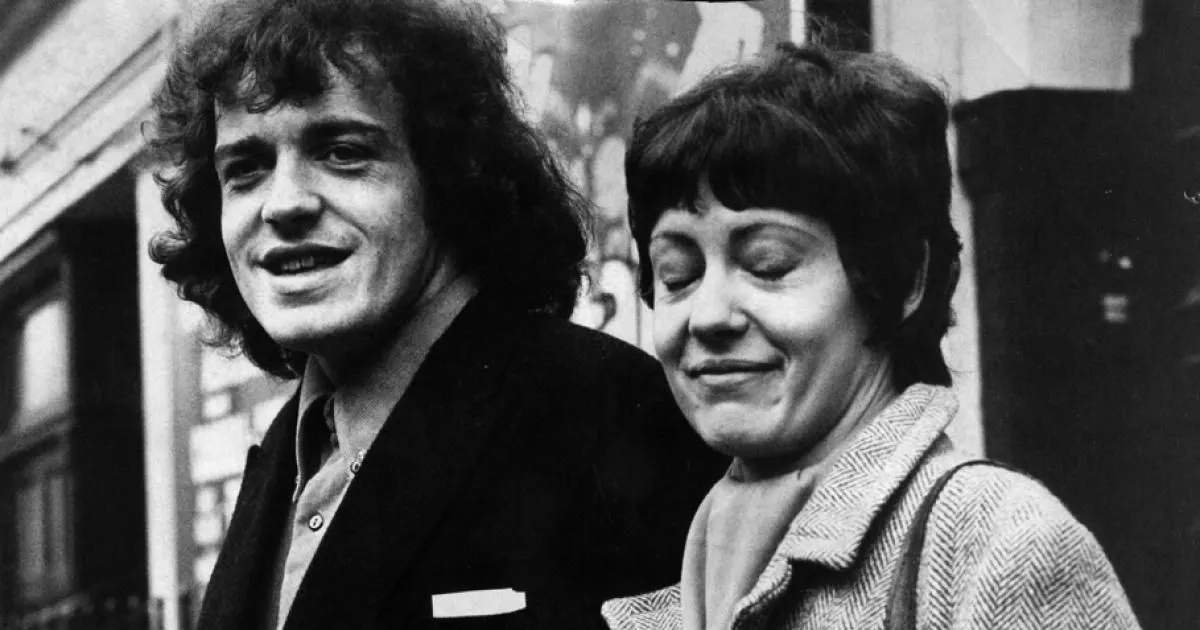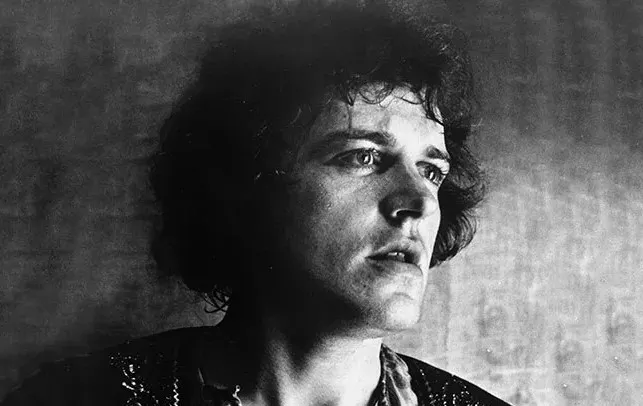Elvis Presley, the undisputed "King of Rock 'n' Roll," remains one of the most iconic and influential figures in music history. His unique sound, electrifying performances, and genre-blending style revolutionized the music industry and left a lasting legacy that continues to resonate with fans around the world. But what kind of music did Elvis Presley love, and how did these influences shape his legendary career? The answer lies in the diverse range of genres that influenced him, creating a sound that was as unique as it was powerful.
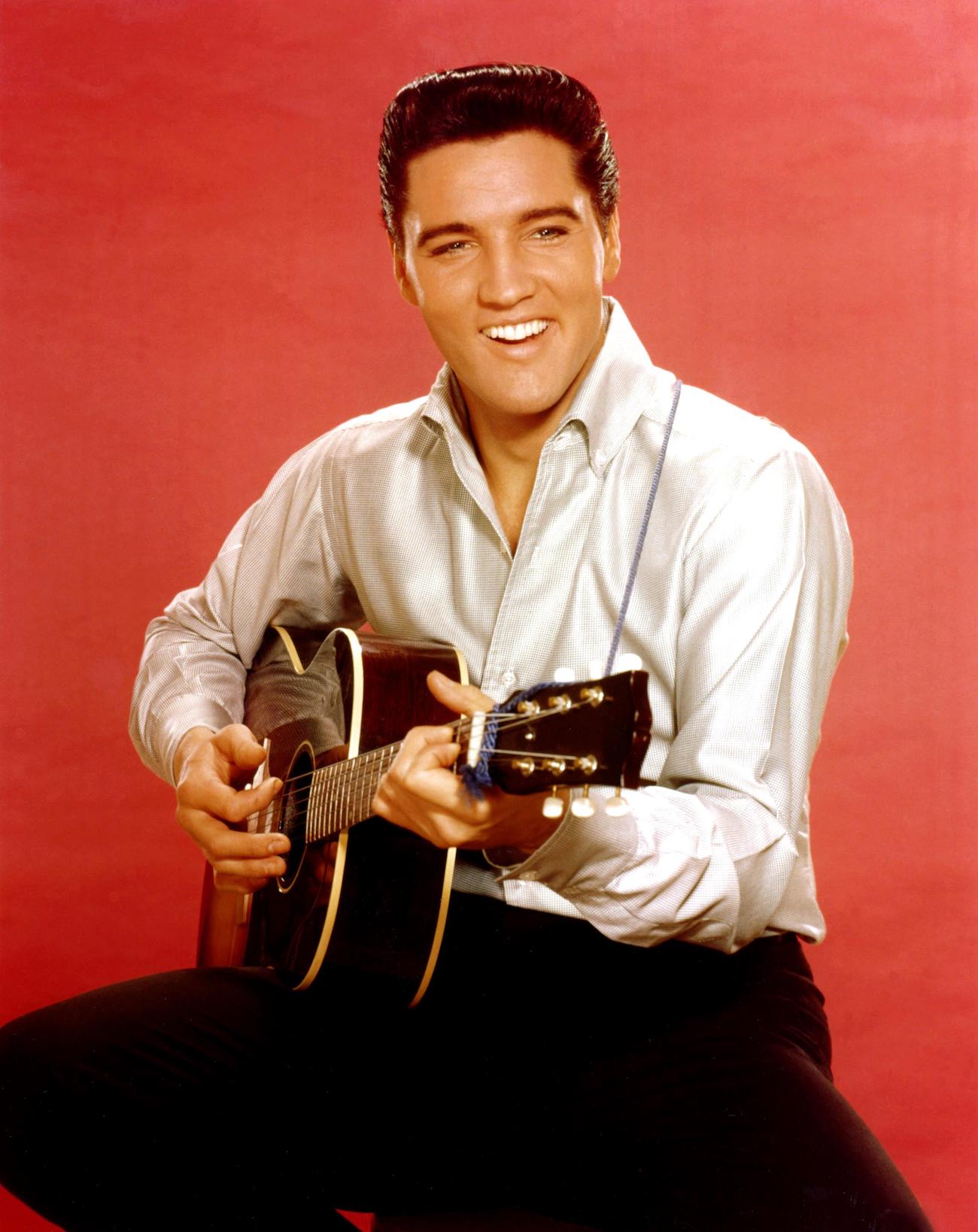
Elvis Presley was born in Tupelo, Mississippi, on January 8, 1935, and grew up in a region steeped in the traditions of country music. From a young age, Elvis was exposed to the sounds of the American South, where country music was not just a genre but a way of life. Country music's storytelling, heartfelt lyrics, and simple melodies resonated with Elvis, forming the foundation of his musical journey.
In interviews throughout his career, Elvis often spoke about his love for country music and its influence on his style. He once said, "You see, country music was always a part of the influence on my type of music anyway. It's a combination of country music, and gospel, and rhythm and blues. It's all combined, is what it really was." This statement captures the essence of Elvis's musical influences, with country music playing a significant role in shaping his sound.
Elvis's early recordings, particularly those made at Sun Studio in Memphis, reflect this deep connection to country music. Songs like "Blue Moon of Kentucky" and "I Forgot to Remember to Forget" showcase his ability to infuse traditional country music with his unique style, blending it with other genres to create something entirely new. This blend of country, rhythm and blues, and gospel would later become known as rockabilly, a genre that Elvis helped to popularize and that would define the early years of his career.

Another genre that profoundly influenced Elvis Presley was gospel music. Growing up in the South, Elvis was exposed to the rich traditions of gospel music, both in church and at home. His mother, Gladys Presley, was a devout Christian, and the family regularly attended church services, where Elvis was captivated by the powerful, emotional performances of gospel choirs.
Gospel music's themes of faith, hope, and redemption resonated deeply with Elvis, and he often turned to gospel for inspiration and comfort throughout his life. In fact, Elvis's first public performances were in church, where he sang gospel songs with a fervor and passion that would later become hallmarks of his style.
Elvis's love for gospel music is evident in his discography, which includes several gospel albums that were both critically acclaimed and commercially successful. Albums like "His Hand in Mine" (1960), "How Great Thou Art" (1967), and "He Touched Me" (1972) showcase Elvis's deep connection to gospel music and his ability to convey its spiritual message through his powerful voice. His performances of gospel songs were often intimate and heartfelt, revealing a side of Elvis that was deeply personal and reflective.
Gospel music also played a significant role in Elvis's live performances, particularly during his Las Vegas residency in the 1970s. After his high-energy rock and roll sets, Elvis would often close his shows with a gospel song, bringing the audience to a quiet, reflective moment that highlighted his spiritual side. Songs like "How Great Thou Art" and "Peace in the Valley" became staples of his live performances, further solidifying his love for the genre.

While country and gospel music were foundational influences on Elvis's style, it was rhythm and blues (R&B) that provided the spark that ignited his career. The raw energy, emotional intensity, and driving beats of R&B captivated Elvis from a young age, and he quickly became enamored with the music of artists like Arthur "Big Boy" Crudup, B.B. King, and Ike Turner.
R&B's influence on Elvis is perhaps most evident in his early recordings at Sun Studio, where he infused country music with the rhythmic drive and vocal intensity of R&B to create a sound that was both fresh and electrifying. Songs like "That's All Right" and "Good Rockin' Tonight" exemplify this blend of genres, showcasing Elvis's ability to take the best elements of country and R&B and merge them into something entirely new.
Elvis's love for R&B extended beyond his recordings. He often spoke about the profound impact that African American music had on his development as an artist. He once remarked, "The colored folks been singing it and playing it just like I'm doing now, man, for more years than I know. They played it like that in the shanties and in their juke joints, and nobody paid it no mind till I goose it up. I got it from them; down in Tupelo, Mississippi, I used to hear old Arthur Crudup bang his box the way I do now, and I said if I ever got to the place I could feel all old Arthur felt, I'd be a music man like nobody ever saw."
Elvis's respect for R&B and the artists who pioneered the genre was evident throughout his career. He often covered songs by R&B artists, bringing them to a broader audience and helping to bridge the gap between black and white musical traditions. His performances of songs like "Hound Dog," originally recorded by Big Mama Thornton, and "Lawdy Miss Clawdy," written by Lloyd Price, demonstrate his deep appreciation for R&B and its influence on his music.

The combination of country, gospel, and rhythm and blues in Elvis's music ultimately gave rise to a new genre: rock 'n' roll. Elvis's ability to fuse these seemingly disparate genres into a cohesive sound was nothing short of revolutionary, and it is this fusion that propelled him to stardom.
Rock 'n' roll was more than just a musical genre; it was a cultural phenomenon that captured the spirit of a generation. Elvis's energetic performances, rebellious attitude, and genre-defying sound made him a symbol of youthful rebellion and a catalyst for social change. Songs like "Jailhouse Rock," "Hound Dog," and "Don't Be Cruel" became anthems of the rock 'n' roll movement, resonating with young people across the country and around the world.
Elvis's love for rock 'n' roll was evident in his performances, where he brought an unmatched level of energy and charisma to the stage. His live shows were characterized by their intensity, with Elvis often moving and gyrating in ways that were considered scandalous at the time. This combination of musical innovation and provocative performance style made Elvis a polarizing figure, but it also solidified his status as the "King of Rock 'n' Roll."

Elvis Presley's love for country, gospel, and rhythm and blues not only shaped his unique sound but also left a lasting impact on the music industry as a whole. His ability to blend these genres into a cohesive and revolutionary style helped to break down racial and cultural barriers in music, paving the way for future generations of artists.
Elvis's influence can be heard in the work of countless musicians who followed in his footsteps, from rock 'n' roll legends like The Beatles and The Rolling Stones to contemporary artists who continue to draw inspiration from his groundbreaking style. His music continues to be celebrated and studied, with fans and scholars alike exploring the rich tapestry of influences that shaped his sound.
The kind of music Elvis Presley loved was a reflection of his diverse upbringing and deep connection to the traditions of the American South. From the heartfelt storytelling of country music to the soulful sounds of gospel and the electrifying energy of rhythm and blues, Elvis's musical influences were as varied as they were powerful. It was this unique blend of genres that allowed Elvis to create a sound that was entirely his own, a sound that would go on to define an era and cement his legacy as one of the greatest artists of all time.
